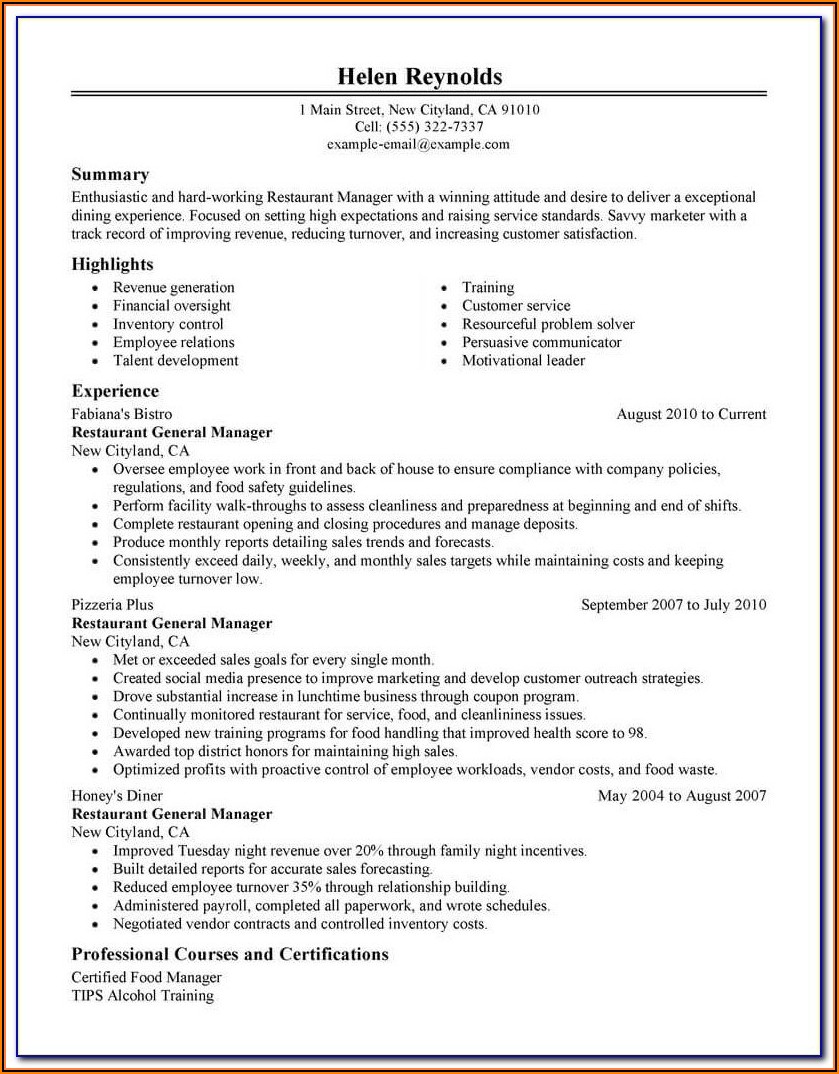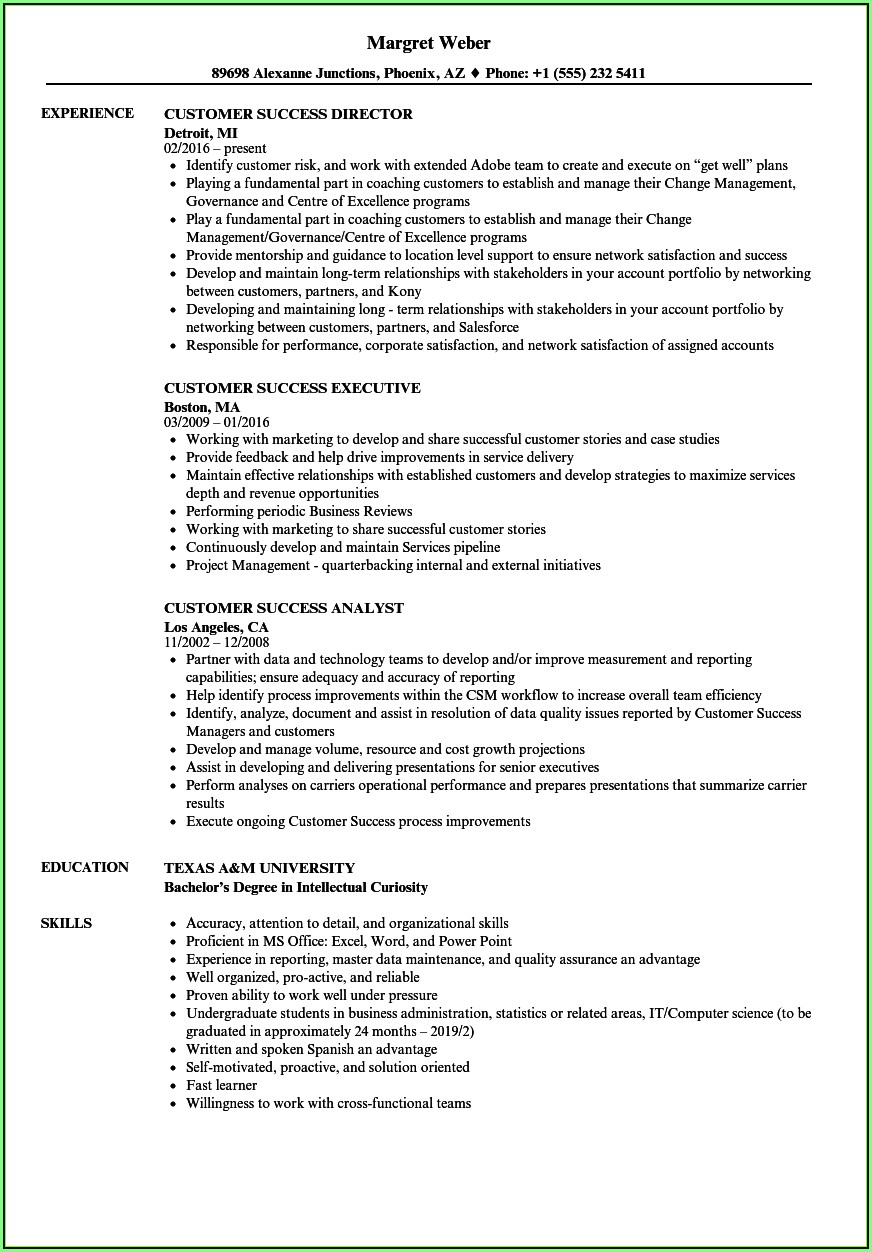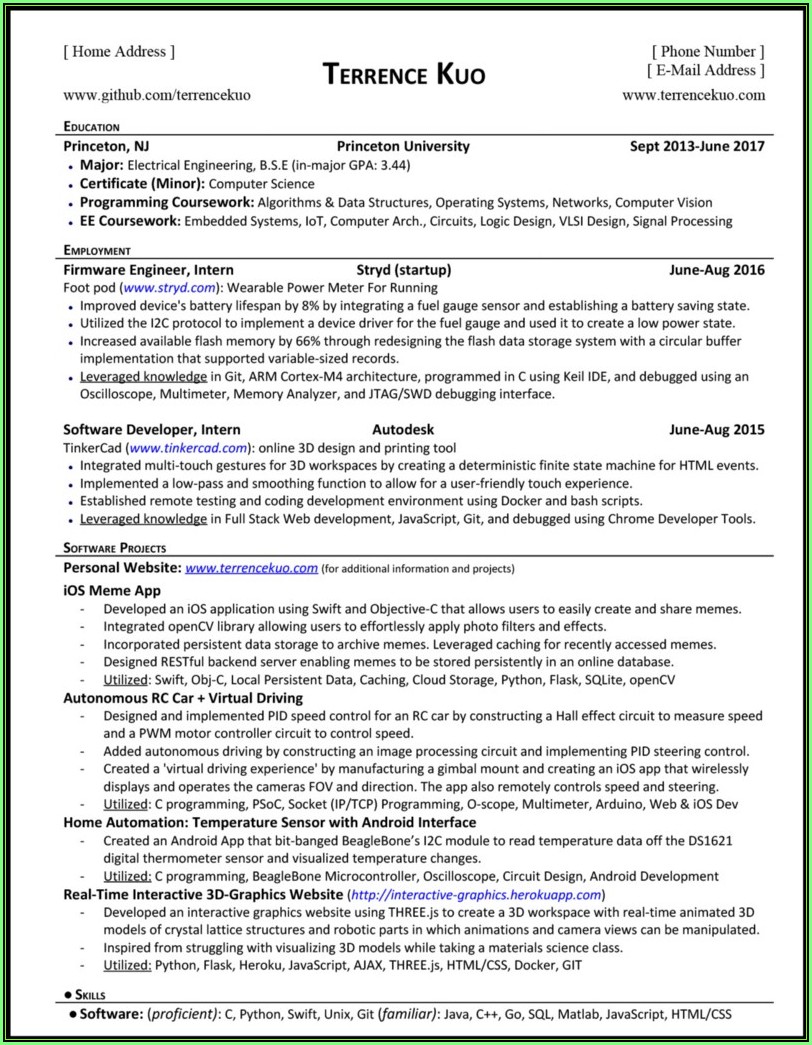
Allow me to ask you a basic inquiry – does your supervisor rouse you? Assuming you’re fortunate then the appropriate response will be yes. Be that as it may, when I’m running a course for chiefs and group pioneers in group inspiration, the remark I hear most is – “How might I propel my group when my supervisor doesn’t rouse me?” So the following inquiry is – what are you going to do about it?
Perhaps the most effective way to spur your group is to give them criticism on their exhibition. You let them know when they do things you do like and you let them know when they do things you don’t care for.
It’s actually the equivalent with your chief. Presently, I like that we’re getting into an alarming area here yet you must make some move. There’s no real reason for saying that your chief necessities to change since that is probably not going to happen except if you take care of business.
The guidelines for giving your administrator criticism are practically as old as for your group.
1. Do it ASAP
At the point when your supervisor says or accomplishes something you do or don’t care for you want to say something immediately. In the event that it’s something you do like it’s very little use saying something weeks after the fact. – “A debt of gratitude is in order for assisting me with that troublesome client last week Dave.” Dave will have somewhat of an issue recalling that circumstance and the impact of the criticism is completely squandered.
It likewise appears to be legit to inform Dave concerning something you don’t care for as quickly as time permits.
2. Do it in private
You truly don’t need colleagues your associates hearing what you say to your supervisor be it positive or negative.
3. Make sure that it’s alright to talk
Ensure that you have your supervisor’s complete consideration. There’s no reason for attempting to come to your meaningful conclusion assuming they have something different at the forefront of their thoughts or they’re chipping away at their PC. It’s additionally great habits and shows regard.
4. Declare your goals
Assuming your chief isn’t accustomed to getting criticism from you, what do you thoroughly consider runs their psyche when you find a comfortable place to sit or ring them on the telephone – they believe it’s terrible information, or your going to whine about something or you’ve accomplished something wrong or there’s an issue.
It’s significant hence to tell them front and center what you need to talk about.
You may say – “Linda, I’d actually prefer to thank you for something you did today.” Or assuming it’s something you don’t care for you may say – “Linda, I’d very much prefer to discuss something you said today that I’m awkward about.”
5. Let them know how YOU feel about their conduct
This isn’t anything to do with any one else. Try not to make statements like – “The group don’t care for the manner in which you address us.” Use loads of “I” messages; make statements like – “I’m discontent with the manner in which you let me know how to do that work today. It made me felt humiliated before my colleagues. Would you be ready to address me in private in future?”
6. Zero in on each thing in turn
Try not to mistake your chief for an entire rundown of practices. In case it’s things that you do like then, at that point, you’re at risk for seeming to be disparaging. Assuming it’s things that you don’t care for, then, at that point, it might seem to be a whinger.
7. Be explicit
At the point when you’re giving your chief criticism it’s imperative to zero in on work related conduct and not on the character of the person. On the off chance that you feel somewhat awkward, attempt to zero in on the supervisor’s conduct as far as how they said or accomplished something. That is the thing that you’re giving input on, not them personally.
It becomes more straightforward assuming you’re not kidding messages and being extremely unmistakable with regards to what you’ve seen or heard. You could say something like – “I loved the manner in which you showed me the best way to design that report – thank you Jeff.” Or – “Jeff, I’m worried by the manner in which you let me know how to do that report. I must take care of business, would you be ready to invest somewhat more energy clarifying what you require?”
8. Incorporate the client and the association
At whatever point proper; relate what your input is going to how the client or the business could be impacted. This obviously could be an interior or an outside client.
9. Get input
When giving helpful criticism, it’s imperative to get the director’s feedback. You may say – “I’m discontent with the quantity of errands you’ve requested that I do this week and I’m worried that I will be unable to destroy them the wellbeing of the business. Anyway I’m willing to pay attention to what you need to say and examine how we can utilize my time.”
10. Try not to leave them low
This is especially significant subsequent to giving criticism on something you’re distraught about. This isn’t an assault on the chief; it’s with regards to work related conduct. Ponder how you feel when one of your group addresses you about something they’re miserable about. It can leave you low and conceivably pushed. A few years prior after an especially “troublesome” meeting with my outreach group I was feeling somewhat low. Be that as it may, toward the finish of the gathering one of the group said – “Alan, we are in general going for a lager and we need you to go along with us. We have no hard inclination towards you and we like you as our supervisor.” You can wager that caused me to feel better.
There’s as yet a culture in certain associations that doesn’t permit the supervisor to be tested. It’s an instance of – “The supervisor guides me and I must get in line.” It’s likewise the situation that a few chiefs would rather remain silent to their manager because of a paranoid fear of being seen as negative or a whinger.
Be fearless and give your supervisor some certain criticism. A periodic commendation or graphic thank you will do some incredible things for your relationship. Also assuming the manager is doing or saying something you don’t care for, give that person some valuable input utilizing the standards above. Assuming that you adhere to these guidelines, then, at that point, you’re considerably less prone to be viewed as a whinger.




















